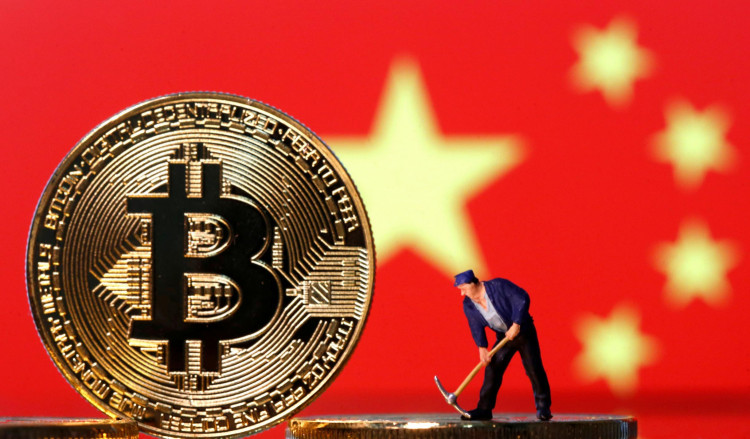China's central bank said it will continue its research and development into the creation of a sovereign electronic currency this year, but did not elaborate when it could be launched.
The People's Bank of China said it made "smooth progress" on the topic in 2019 in a review of its annual work conference held last week.
The PBOC was one of the first central banks to promote the idea of a virtual sovereign currency, partly because Beijing views cryptocurrencies such as bitcoin as a threat to financial security, and other cryptocurrencies such as the Libra of Facebook as a challenge to its capital account controls.
When the digital currency research institute of the bank stepped up its rhetoric on the issue last year - following the announcement of plans for Libra's launch in June - there was speculation that a sovereign Chinese currency could arrive as early as November.
Forbes' August report, citing an unidentified source, said the cryptocurrency was scheduled to be launched on November 11 to coincide with the online shopping promotion of the Singles' Day, but that did not happen.
When contemplating how best to adapt to digital currencies, the PBOC is not alone in the world. Sweden's Riksbank announced last month that it had awarded a one-year contract to the professional services company Accenture to build a pilot platform for a new digital currency called e-krona in order to broaden the comprehension of "technological possibilities" of the central bank.
But it may still be some time before the introduction of a currency, as the bank said that the pilot project could be extended for up to seven years.
Also last month, Bank of Japan Governor Haruhiko Kuroda said the bank would conduct "technical and legal research" into cryptocurrencies while the country had no immediate plans to issue a digital sovereign currency, as there was no demand for one.
While the PBOC, which has been contemplating the possibility of a sovereign digital currency for about five years, was reluctant to announce a date.
Last month, Shanghai Securities News quoted Mu Changchun, the official responsible for its creation, as saying that the digital currency electronic payment is on "top-level design, formulation, practical research and testing."
Chinese business magazine Caijing also announced in December that the country's four major state banks - China Industrial and Commercial Bank, China Construction Bank, Agricultural Bank of China, and Bank of China - and three state-owned telecommunications firms, were involved in the process of growth.





